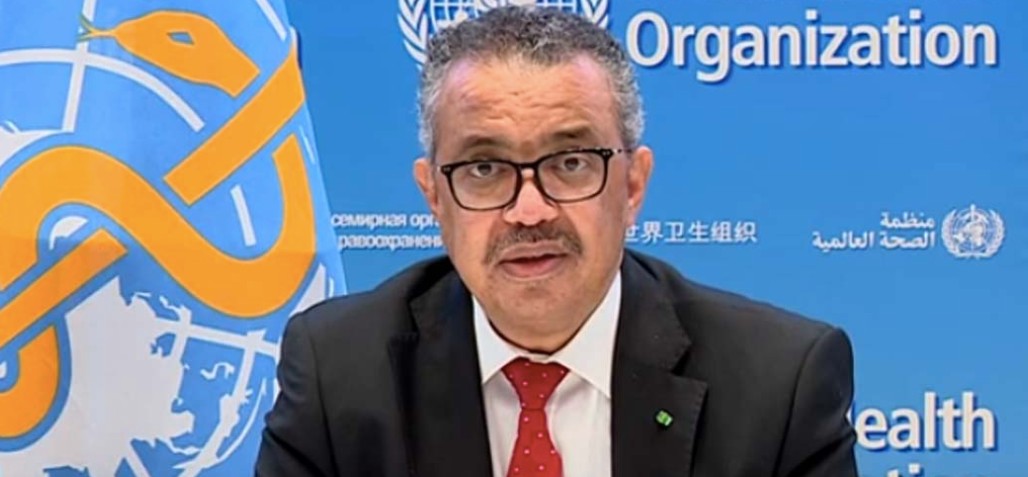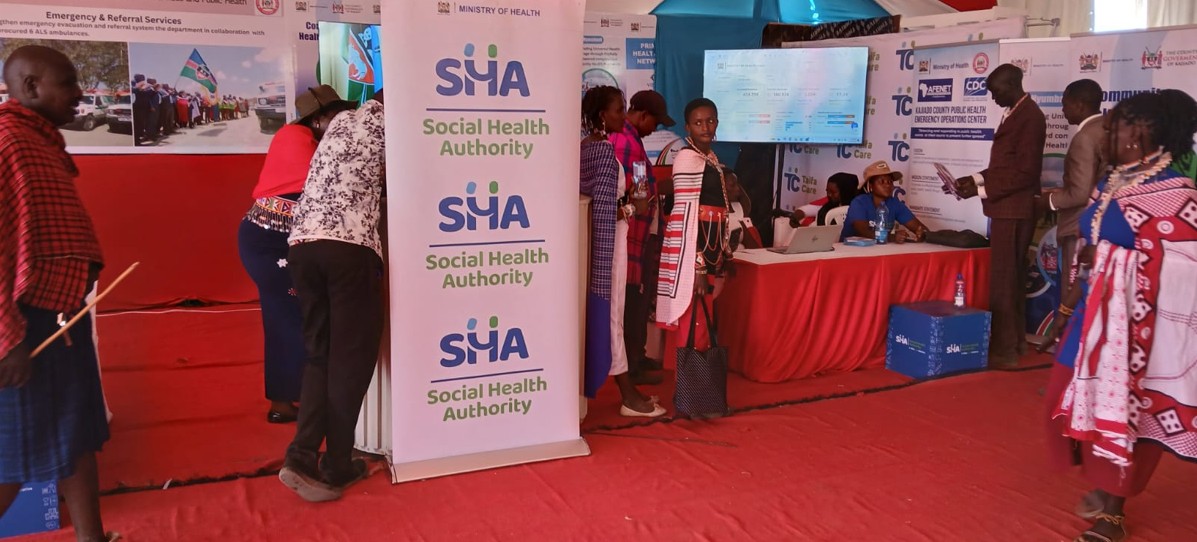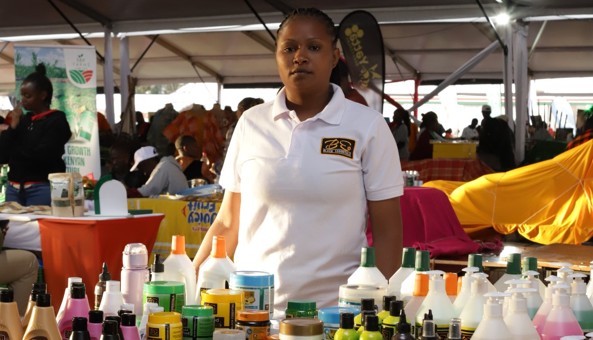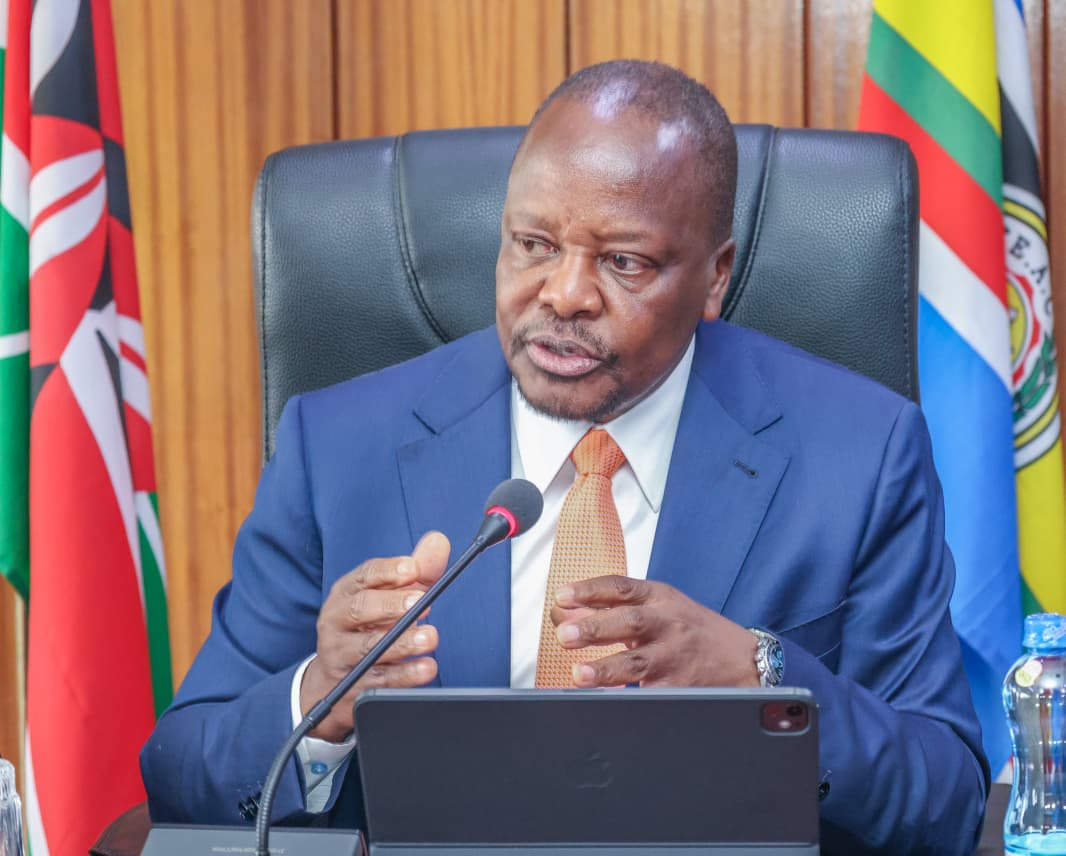Building peace behind the scenes: IGAD’s subtle but strong impact in Horn of Africa in 2024
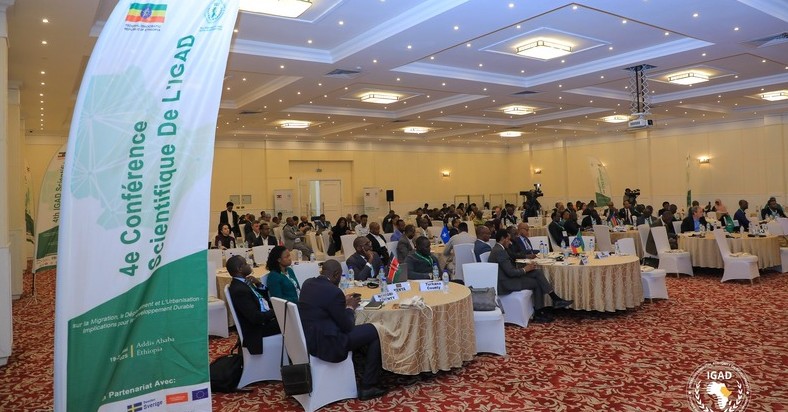
The Inter-Governmental Authority on Development (IGAD) continues to play its role as a stabilising force in a region grappling with political volatility, climate shocks, and transnational threats.
From mediating peace efforts in Sudan and South Sudan to supporting Somalia's security transition, strengthening cross-border intelligence sharing, and harmonising migration protocols, the regional bloc has increasingly asserted itself as a quiet but critical anchor of security cooperation among its member states.
More To Read
- Kenya urges stronger regional cooperation as transport corridors fuel disease risks across East Africa
- Kenyan journalists celebrate climate reporting wins at IGAD Media Awards 2025
- IGAD ministers renew regional pact on refugees as Kenya demands fair burden‑sharing
- Kenya’s refugee population hits 860,000 as State pushes integration plan
- IGAD rallies region to tackle deepening displacement crisis amid funding cuts, conflict
- Daua Dam, irrigation masterplan gain momentum after high-level talks in Nairobi
In 2024, the organisation strengthened both regional and national capacities to collect, analyse, and share data on migration and displacement—an effort that directly informed evidence-based policymaking.
Significant progress on migration also included Kenya’s implementation of the Refugee Act (2021), which resulted in the official gazetting of refugee identification documents.
"This milestone dramatically improved refugees' access to essential government services, thereby facilitating their economic integration and promoting broader social inclusion," the IGAD annual report for 2024 states.
At the same time, in Ethiopia, IGAD helped develop the comprehensive "makatet strategy" that promises an improvement to refugees' living conditions and their integration into local communities.
In South Sudan, a durable solution strategy was established to address the unique challenges of displacement-affected populations with a focus on sustainable returns, reintegration, and community recovery.
Towards efforts in building a peaceful and sustainable region, the organisation provided conflict early warning insights to member states, particularly where climate change was projected to have an impact on security.
"Through its media scanning tools, IGAD continues to identify hot spots and actors and forecast ongoing internal conflicts based on which knowledge and analytical products have been developed to inform stakeholder action, with specific attention to the situations in Ethiopia, Somalia, and Sudan," the report says.
Peace dialogues
Additionally, peace dialogues were held for Sudanese and South Sudanese refugees and their host communities in Benishangul regional state in Ethiopia.
To ensure the peaceful coexistence of people in borderland communities, the organisation conducted CPMR training in the Moyale/Moyale corridor, which also sought to enhance resilience projects in the corridor.
In regard to mediation and preventative diplomacy, IGAD supported peace efforts in Sudan to prevent further escalation of the conflict in line with the Comprehensive Peace Agreement.
This was part of IGAD’s broader involvement in the Tumaini Initiative, where it facilitated talks between the Revitalised Transitional Government of National Unity (R-TGoNU) and holdout groups. These efforts led to the signing of a Declaration of Commitment on May 16 last year, followed by continued mediation that initiated the development of several key protocols.
In addition, IGAD’s Red Sea and Gulf of Aden programme focused on enhancing cooperation among member states to address maritime crime and security threats in both regions.
"During the review period, IGAD conducted analytical studies to inform its action on the Red Sea and the Gulf of Aden agenda, including an analytical study on the impact of the Israel-Palestine conflict on the Red Sea and an analysis of the Gulf of Aden and the member states, both of which informed the strategic review and validation of the common IGAD position and Regional Plan of Action," the document says.
A Post-Conflict Resolution Development department was also established to help member states that are coming out of conflict prevent a relapse.
Since its establishment, the department has conducted post-conflict capacity needs assessment in Ethiopia's Tigray region and Somalia with a particular emphasis on their security and peacebuilding institutions to enable them to know what to prioritise on post-conflict.
On the same breath, senior experts from South Sudan were taken through post-conflict training as IGAD also assisted Ethiopia in developing a peace-building training manual that is set for translation into various local languages.
IGAD further helped member states build resilience against terrorism through its Centre of Excellence for Preventing and Countering Violent Extremism (ICEPCVE) through the development of non-coercive measures to address the drivers of violent extremism in the region.
Top Stories Today





